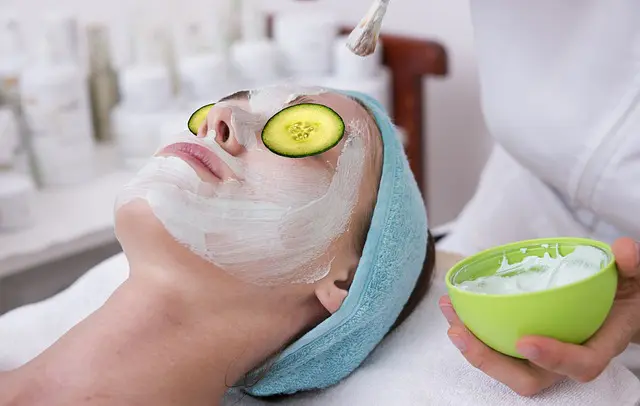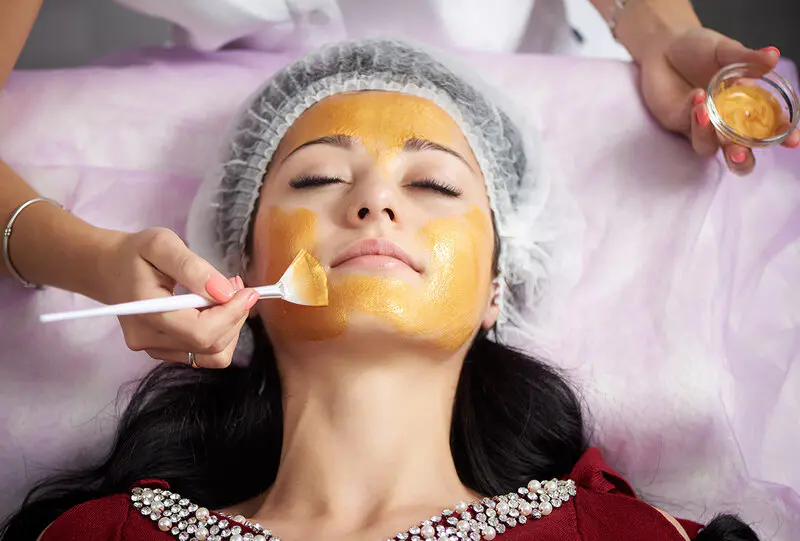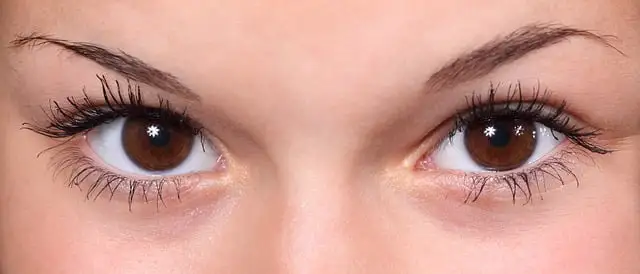Achieving a radiant and healthy skin tone amidst the multitude of skincare solutions can be overwhelming. While topical applications are important, the foundation of beautiful skin lies beneath the surface: our diet. The food we eat has a profound impact on our skin's appearance, and a balanced diet can lead to clearer, more youthful, and luminous skin.
This article explores the pivotal role of nutrition in maintaining skin health, highlighting key vitamins, minerals, and nutrients that contribute to a vibrant skin tone. We will discuss the scientific evidence behind the effects of certain foods on skin health and provide guidance on how to nourish your skin through your dietary choices.
1. Diet and Skin Health Connection
Your skin, like the rest of your body, relies on essential nutrients for optimal health. Proper nutrition enhances the body's ability to regenerate skin cells, combat oxidative stress, and maintain hydration. Poor nutrition can lead to various skin issues, such as dryness, acne, a dull complexion, and signs of premature aging.
1.1 Nutrition's Role in Skin Function
The skin's cells require a consistent supply of nutrients for peak performance. For example, vitamin C is crucial for collagen production, which provides the skin with its structural framework, while antioxidants like vitamin E protect the skin from environmental damage. Healthy fats are also necessary for preserving the skin's moisture barrier, ensuring hydration and plumpness.
When the body is deficient in these nutrients, the skin may appear dull, dehydrated, or prone to imperfections. Conversely, a diet rich in nutrients beneficial to the skin can promote healthy, radiant skin and prevent common skin concerns.
1.2 The Importance of Antioxidants
Antioxidants are food compounds that neutralize free radicals—unstable molecules that can damage skin cells and accelerate aging. Free radicals are produced through exposure to environmental stressors such as UV rays, pollution, and tobacco smoke. By incorporating antioxidants into your diet, you can protect your skin from oxidative stress and delay the signs of premature aging.
The most potent antioxidants for skin health include vitamins C and E, beta-carotene, and selenium. These nutrients help protect the skin from environmental damage and promote cell regeneration, resulting in a clearer, more youthful appearance.
2. Key Nutrients for Healthy, Bright Skin
Having established the link between nutrition and skin health, let's examine some of the most important nutrients that contribute to a bright complexion.
2.1 Vitamin C: Essential for Collagen and Glow
Vitamin C is indispensable for skin health. It is necessary for collagen production, which is vital for the skin's structure and firmness. Collagen provides elasticity to the skin, preventing sagging and the formation of wrinkles.
In addition to supporting collagen production, vitamin C is a potent antioxidant that protects the skin from UV damage and environmental pollutants. It also helps to brighten the complexion and reduce the appearance of dark spots and hyperpigmentation.
Foods rich in vitamin C include citrus fruits, berries, kiwi, bell peppers, broccoli, and leafy greens. Incorporating these into your diet can enhance your skin's overall health and radiance.
2.2 Vitamin E: Protector Against Skin Damage
Vitamin E is a powerful antioxidant that helps protect the skin from damage caused by free radicals and UV rays. It also supports skin hydration by minimizing moisture loss and strengthening the skin's barrier function. Vitamin E is known for its anti-inflammatory properties, which can soothe skin irritation and redness.
You can find vitamin E in foods such as almonds, sunflower seeds, spinach, and avocados. Regular consumption of these nutrient-dense foods can help protect your skin from harm while promoting softness and hydration.
2.3 Omega-3 Fatty Acids: Regulators of Moisture and Inflammation
Omega-3 fatty acids are essential fats that are crucial for maintaining the skin's moisture barrier. These healthy fats help keep the skin hydrated and plump by preventing water loss. Omega-3s also
Recent
See All2025-03-08
Sustainability in Fashion and Beauty: Embracing Environmentally Friendly Practices
2025-03-08
Embarking on a Journey to Eternal Beauty: Cultivating Skin for Lasting Grace
2025-03-08
Harness the Skin-Reviving Effects of Green Tea
2025-03-08
Cultivate Your Skin's Health: Uncover the Perfect Body Wash for Your Skin Type
2025-03-08
Enhance Your Skin's Glow with Scientific Skincare: Tips for a Brighter Complexion
2025-03-08
The Importance of Slumber for Skincare: Discovering the Path to Glowing Beauty Through Rest
2025-03-08
Discovering the Path to Glowing Skin: A Guide to Natural Radiance
2025-03-08
Timeless Elegance: The Persistent Influence of Vintage Style in Modern Fashion
2025-03-08
Embrace the Glow: Crafting Your Own Turmeric Facial Mask
2025-03-08
The Worldwide Impact on Beauty: Cultural Skincare Rituals Shaping Modern Aesthetics
Newsletter
Get life tips delivered directly to your inbox!











